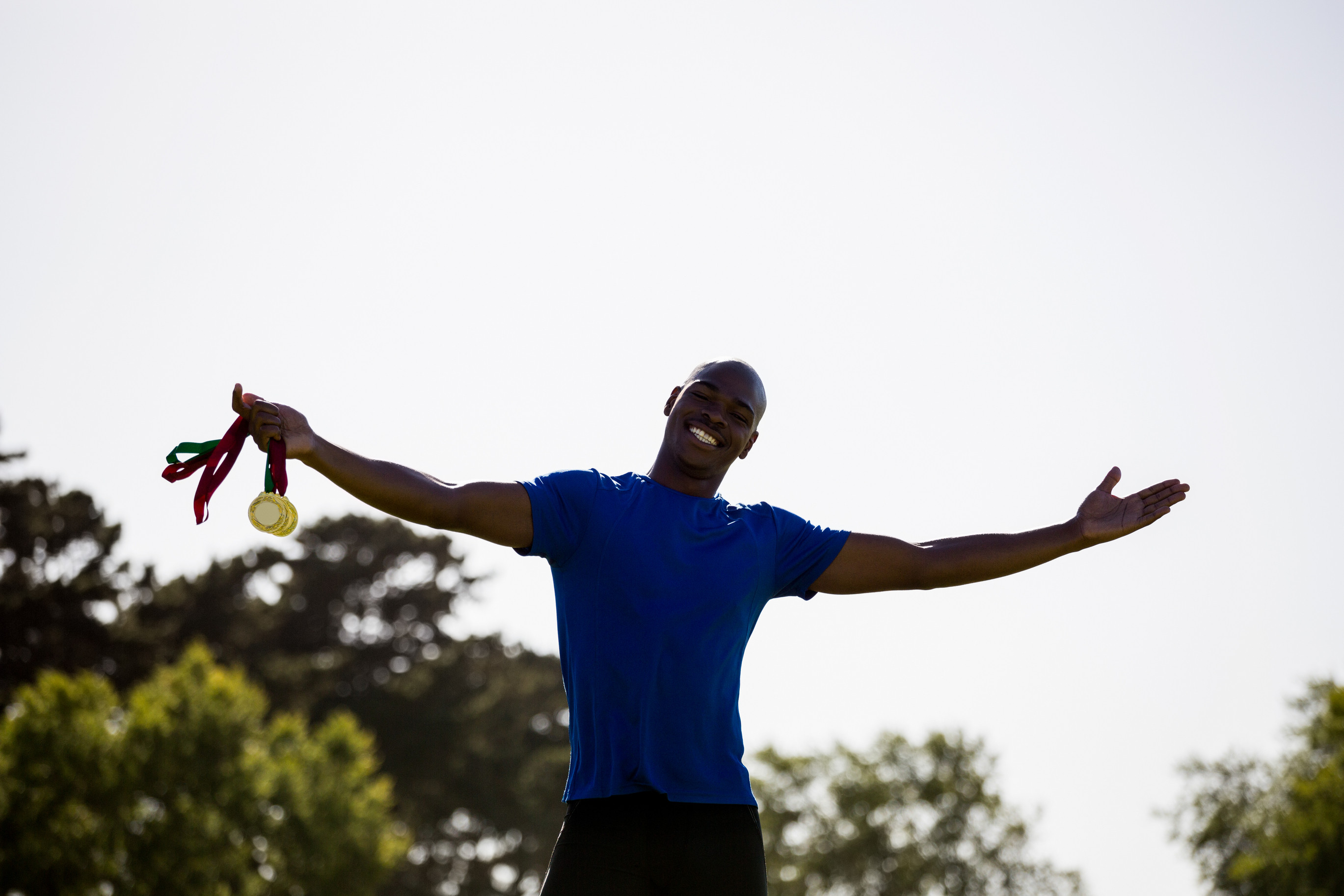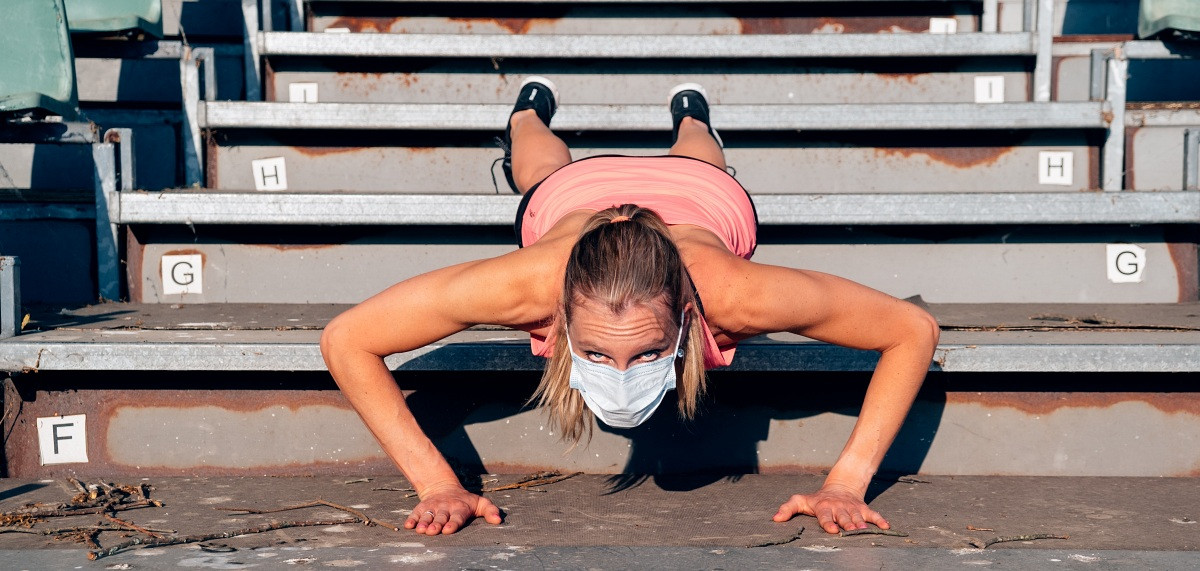Mental Health
Welcome and thanks for visiting...

Are we putting our young athletes in a position of failure?

Of course, this is not about “We” as parents or coaches, but rather measures that “We” were forced to deal with the COVID-19 pandemic. For months, in many countries and states, the vacuum of sports activities has created an unprecedented shortfall among young athletes.
To counter the spread of the disease, most sports had to be "paused", causing not only the impossibility of doing this activity that they are passionate about, but also preventing them from seeing their friends and coaches. Let's not forget that for an athlete, competition is an essential part of their development and a gift that encourages them to work even harder and go further.
Today, almost everything is stopped, or at least slowed down. Moreover, there is no indication of when the situation will return to normal. This uncertainty adds to the problem. Many young people feel that they have lost their bearings; they feel unease and a void in their lives. This is, moreover, a completely normal reaction to a situation that is.
All of this creates a huge challenge for young athletes, and perhaps even more so for coaches. Many believe that COVID will deprive the sport and society of promising athletes who will deviate from the course already laid out for them. One of the consequences of this deprivation of sport and competition is likely to be a disusing of both the level of participation and the development of young people.
Many experts notice or fear that all this unplanned time, forced inactivity and lack of socialization create enough impact to cause some psychological distress or anxiety.
Our role as parents or coaches therefore depends on comfort and the establishment of a few concepts to help them. First, the young person should, as far as possible, maintain the same routine of life and exercise as before. Of course, there may not be competitions or even the enthusiasm of others to motivate them, but maintaining work habits reduces the embarrassment of the future.
At the same time, they should be helped to keep in touch with their sporting entourage. Even if physical encounters are restricted or even prohibited, technology, video conferencing and the like allow you to stay close to friends.
Second, it is the perfect opportunity to study some of the technical aspects of their sport and see how it is possible to improve skills. Time is no longer a problem... On the contrary. Then you might as well enjoy it.
Then, maybe it's time to diversify hobbies or reconnect with a somewhat forgotten passion. Just remember that sport is what you do and not what you are!
But above all, the young person must not isolate himself. If you're not feeling well, you need to talk about it. People who love you will find ways to help you.




